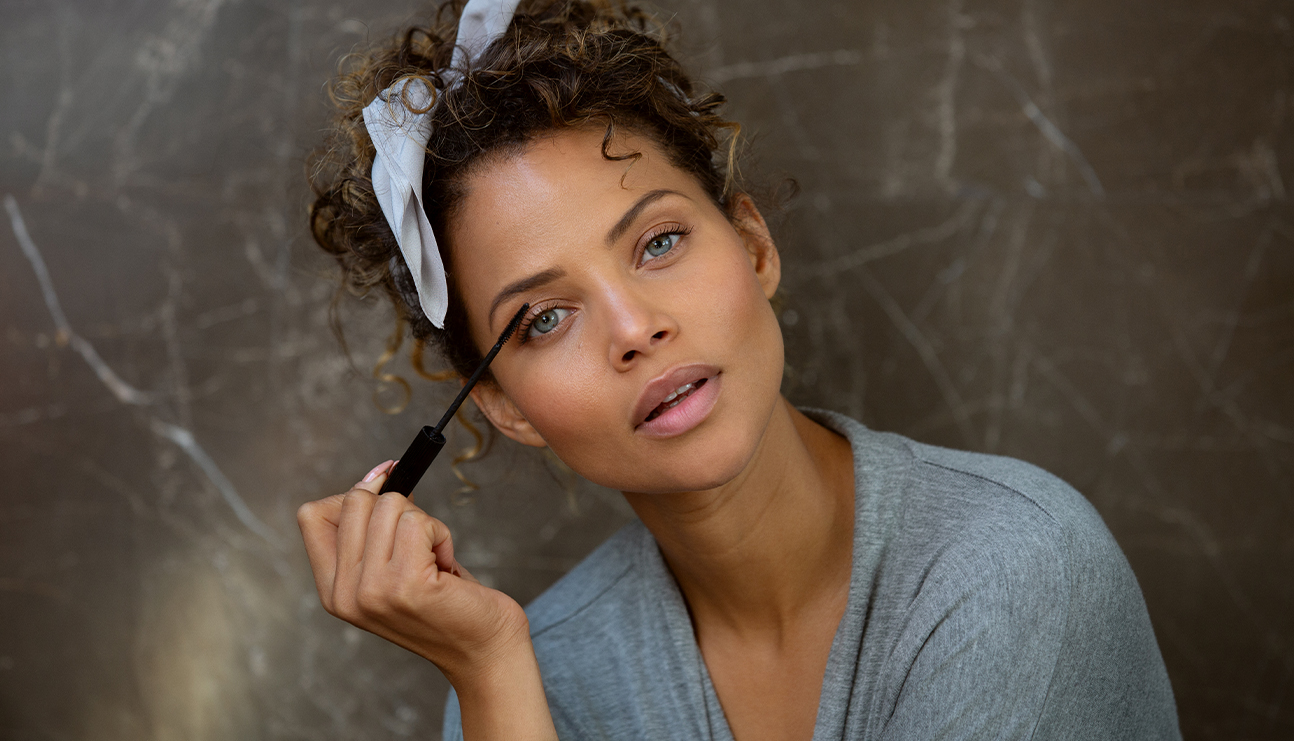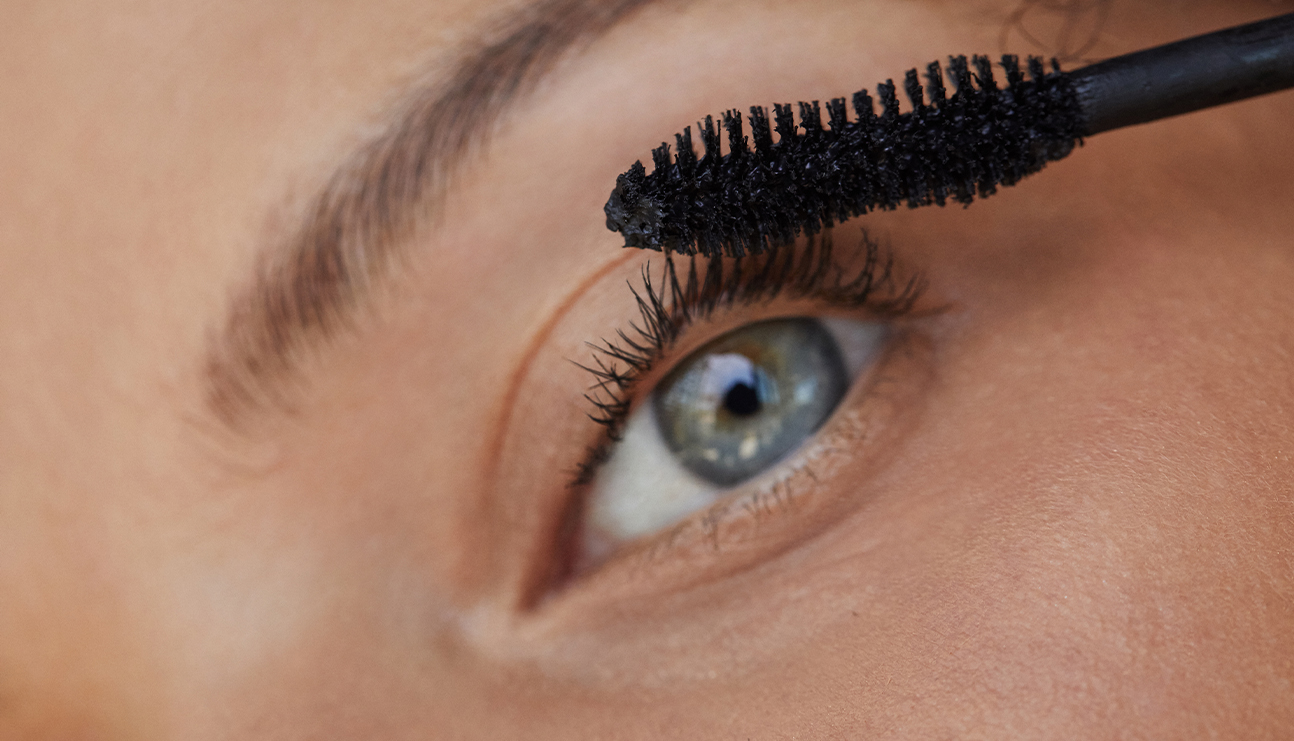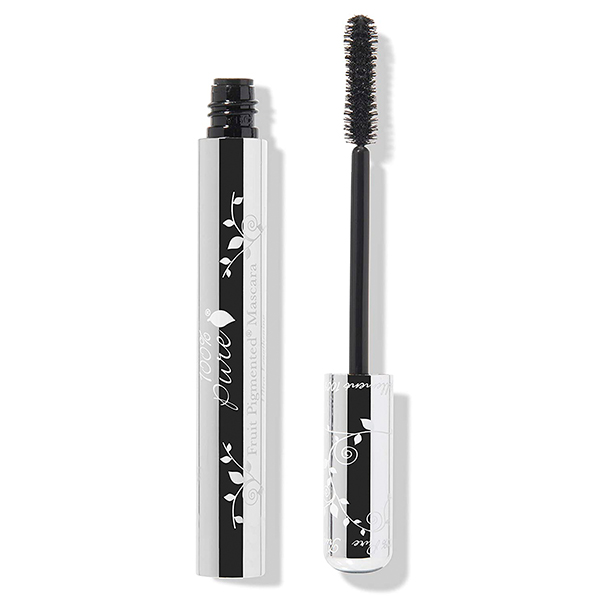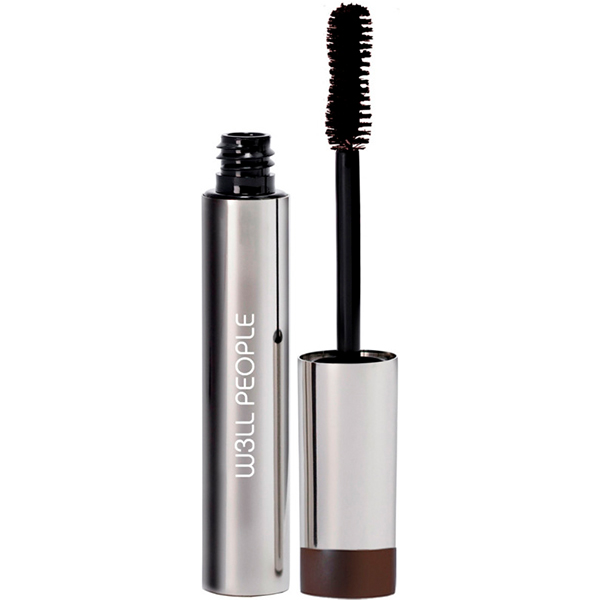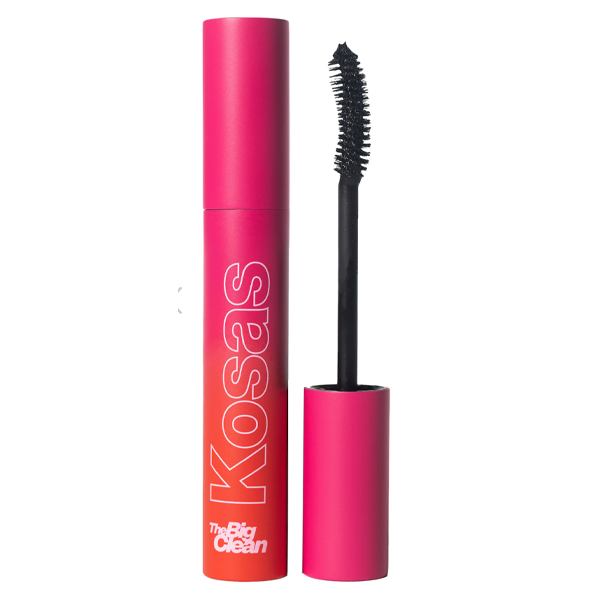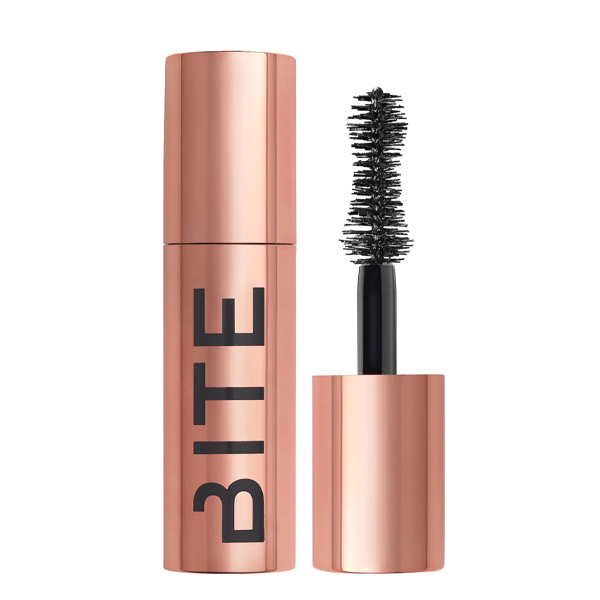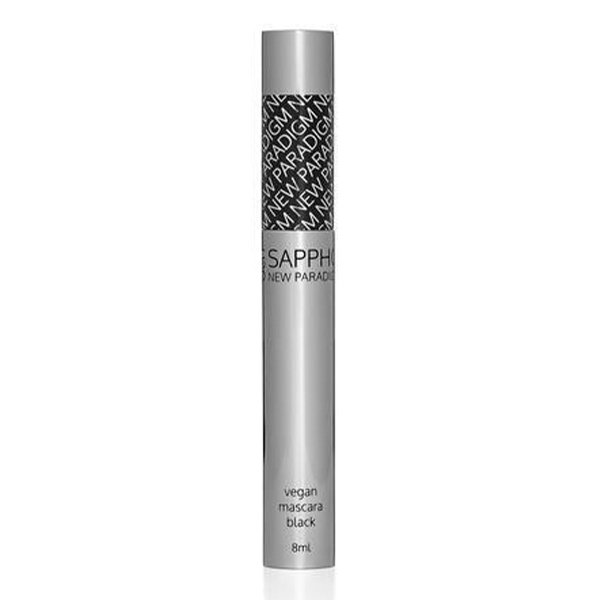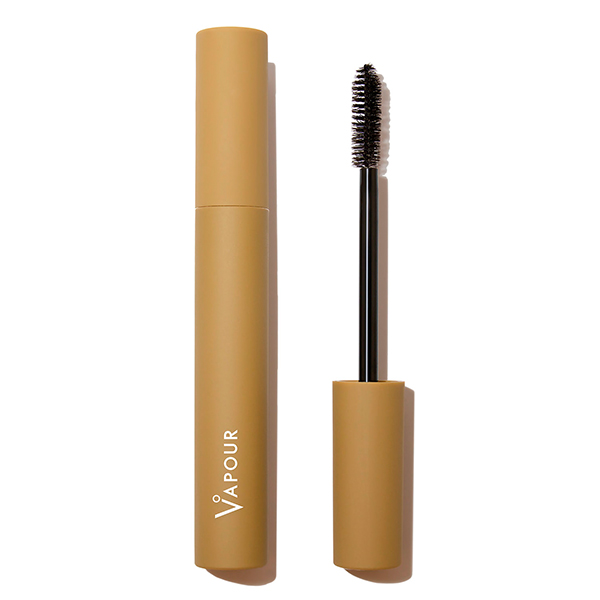Real Talk: Should You Be Using Clean Mascara?
Michelle Rostamian
If there’s one thing we can all unanimously agree on, it’s that mascara is a desert island product—whether you typically rock a full face of makeup or not. And while for many people the goal is to find a mascara that can nail volume, separation, and a strong curl, it turns out that the ingredients that go into your mascara are even more important than the results themselves as mascara can affect your health.
According to Dr. Azza Halim, a board-certified physician based in Florida, it’s especially important for your mascaras to be clean, non-toxic, and free of harmful chemicals. The reason? Research has found that your eyes actually can absorb what you put on it, and using mascaras formulated with harmful ingredients can put our bodies at risk for certain health issues.
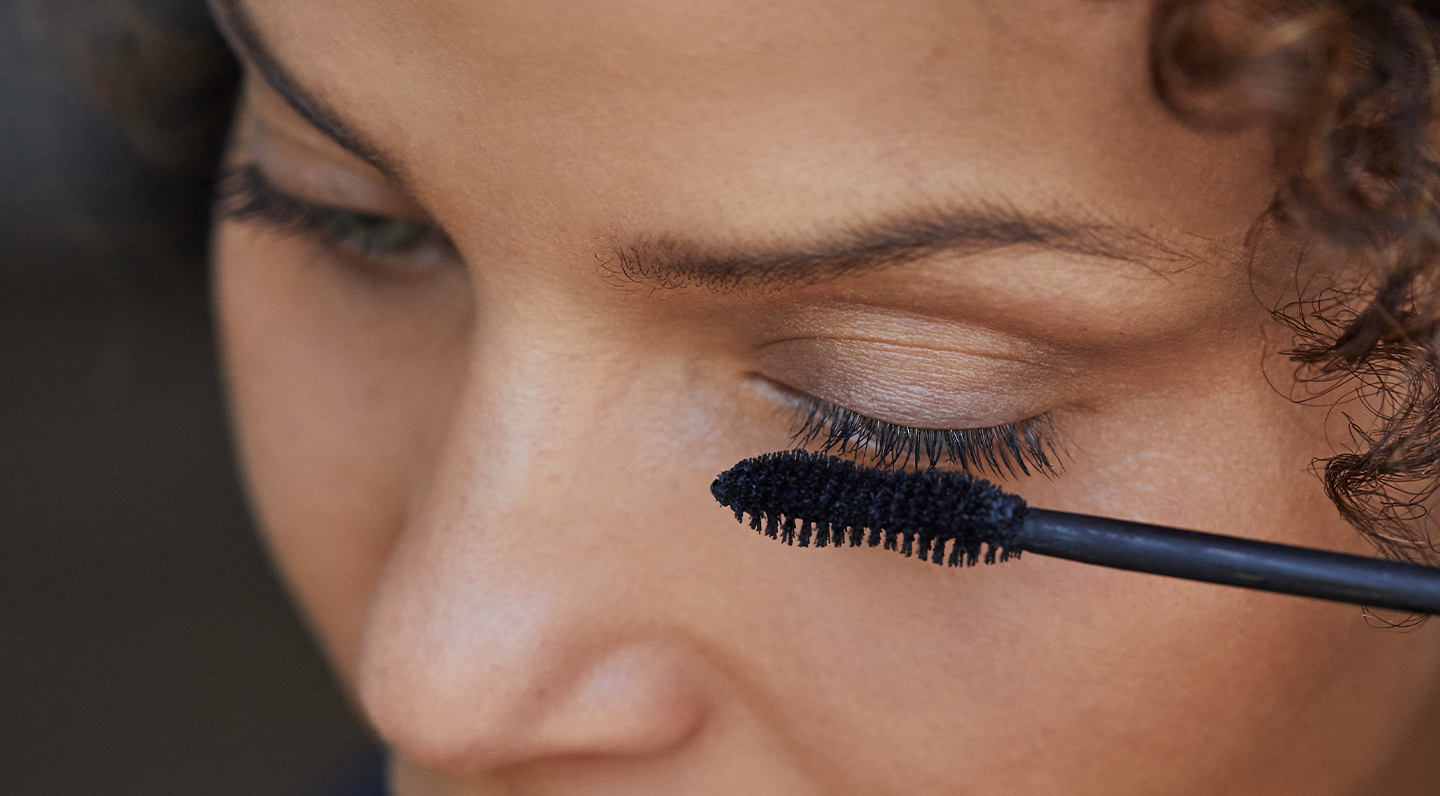
Why Should I Use Clean Mascara?
Mascara can affect your health according to physicians. Clean beauty has skyrocketed in recent years, but despite this, many beauty buffs forego using clean mascara under the assumption that because the mascara is being applied to the lashes (and not the skin), that it isn’t absorbed and therefore, not harmful. However, Dr. Halim sheds some light: “The mucous membrane of the eye (which covers the whites of the eyeball, the inner eyelid, and the surface of the eyelid) functions to secrete watery mucus that helps lubricate the eyeball,” she says. “That said, our skin and mucous membranes are semipermeable, meaning they absorb whatever we layer on it.”
This becomes a cause for concern when we consider the laundry list of harmful ingredients found in standard mascara formulas—think: phthalates, parabens, and phenols, all of which are considered endocrine or hormone disruptors in pre-puberty and adolescent girls, notes Dr. Halim. And, that’s not to mention the cumulative damage that results from using multiple products that contain such chemicals. “The more products that are used daily containing these endocrine disruptors, [the more] the long-term reproductive, endocrine, hormonal effects, and carcinogenic effects,” warns Dr. Halim.
Finally, mascara can leave behind flakes and residue that may become embedded in the eyelid or the mucous membrane, which “can create infection as well as corneal abrasions when these deposits harden. This is why it’s important to use mascaras that are considered ‘clean’ [to avoid irritation],” Dr. Halim tells us. “You may think that none of these detrimental ingredients can penetrate the skin, but anything we apply to our skin can actually be absorbed through our pores, follicles, glands, and mucous membranes.”
How To Shop For Clean Mascara
So, how exactly can we decipher the good formulas from the not-so-great? Take a page out of Dr. Halim’s book: The fewer ingredients, the better. “When looking for quality ingredients that are clean and non-toxic, we should look for products that are paraben-free, phthalate-free, vegan, and as organic as possible,” notes Dr. Halim, who cites parabens as having been found in high concentration in both breast tumors and urine, and phthalates as having the potential to cause liver, kidney, and reproductive damage.
Propylene glycol, which has been linked to contact dermatitis and allergic reactions, is another heavy hitter to watch out for, as are coal tar dyes (disguised as FD, C Blue No.1, Green 3, Yellow 5 on ingredient labels), which have been shown to be both carcinogenic and neurotoxic. “Many of these harmful chemicals are in products in order to prolong shelf-life, pigment, and product longevity,” notes Dr. Halim.
“When it comes to mascara, I recommend looking for ingredients like organic rice powder, organic oils, organic waxes, and organic fruit or vegetable pigment versus artificial dyes, wax, oils.” She’s a fan of the 100% Pure Fruit Pigmented Ultra Lengthening Mascara, which contains natural pigment derived from berries, black tea, and cocoa. These are recommended mascaras, as conventional mascara can affect your health.



